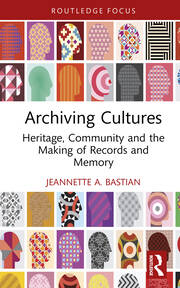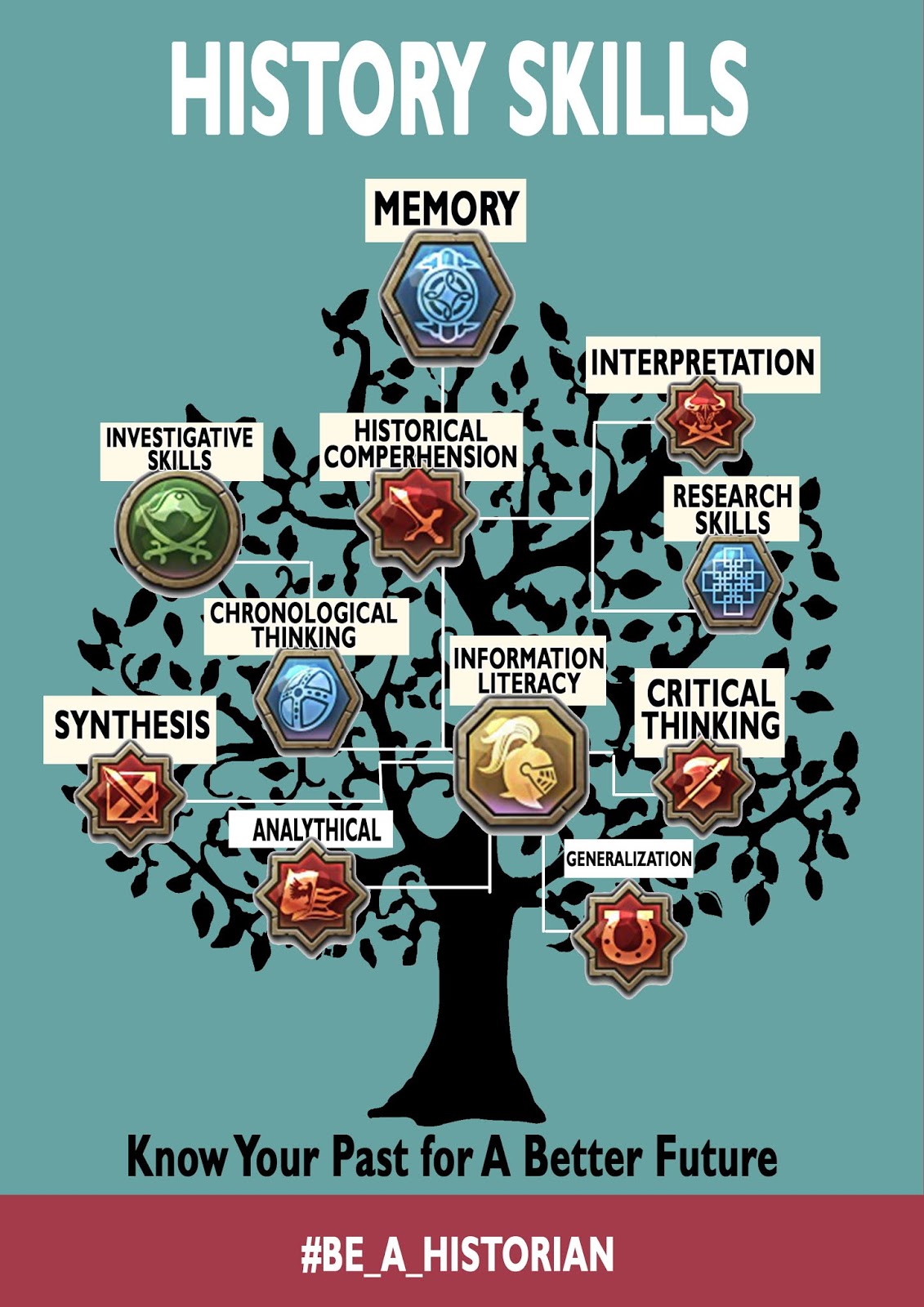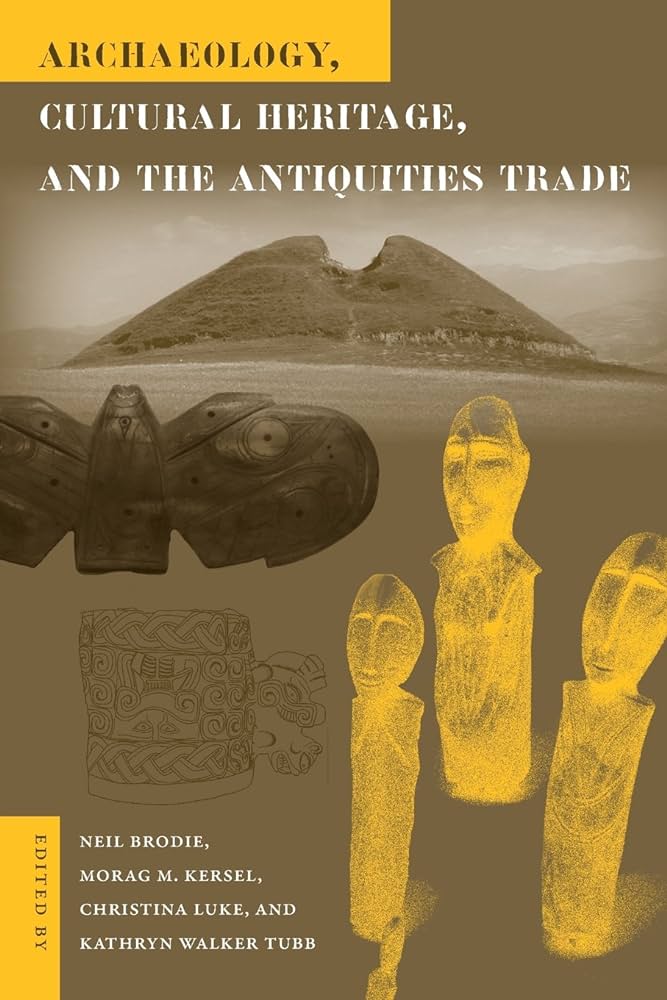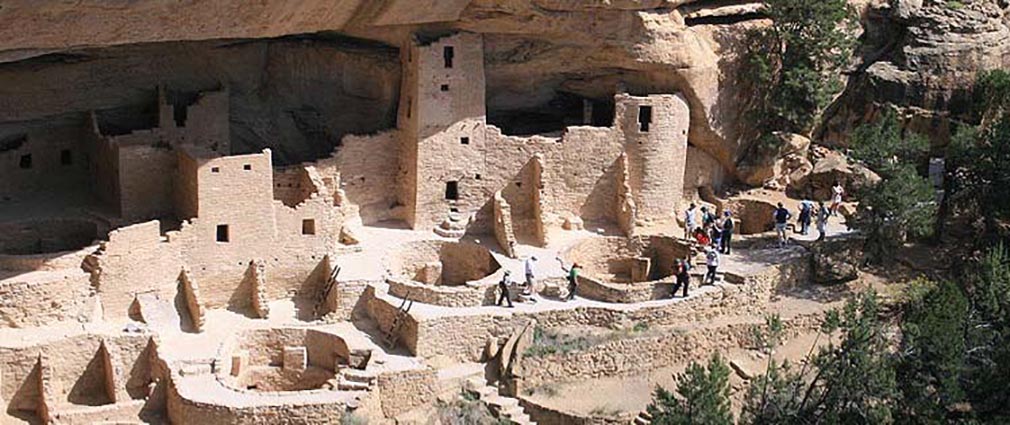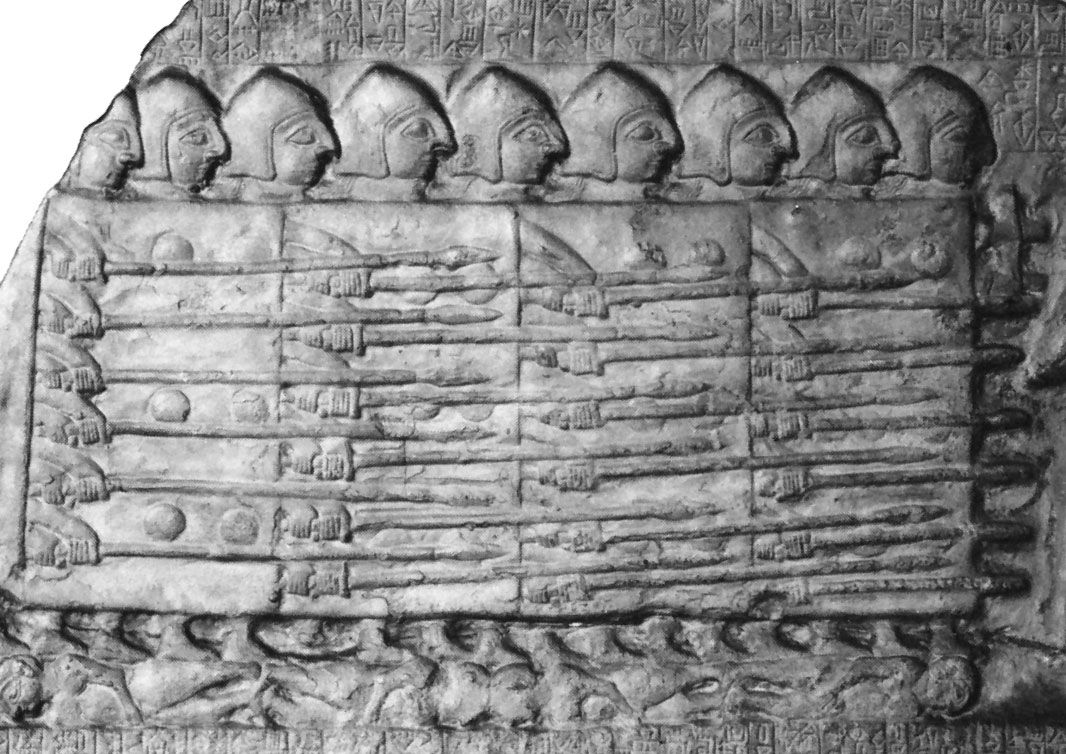Exploring the Art and Science of Historiography
Historiography may seem like an intimidating word, but it simply refers to the study of the methods, sources, and interpretations used in historical research and writing. It is both an art and a science, blending the creativity of storytelling with the rigor of evidence-based analysis.
In this blog post, we will delve into the fascinating world of historiography, shedding light on its key aspects and providing valuable insights for both history enthusiasts and aspiring historians.
1. Understanding the Role of Historiography
Historiography plays a crucial role in shaping our understanding of the past. It involves examining historical documents, artifacts, and accounts to construct a narrative that captures the complexities and nuances of a specific time period or event. By critically evaluating various sources and interpretations, historians aim to uncover the truth and present a balanced and accurate account of history.
2. The Importance of Historical Research
At the heart of historiography lies the art of conducting historical research. This involves sifting through primary and secondary sources, such as letters, diaries, newspapers, and scholarly articles, to gather evidence and gain insights into the past. The more comprehensive and diverse the range of sources utilized, the richer and more nuanced the historical account becomes.
3. Analyzing Bias and Perspectives
One of the challenges historians face is navigating bias and conflicting perspectives within historical sources. Every source is influenced by the social, political, and cultural context in which it was created. By critically evaluating the biases and motivations of different sources, historians can identify potential distortions or gaps in the historical record. This process helps to ensure a more accurate and objective representation of the past.
4. Interpreting History: Schools of Thought
Historiography encompasses various schools of thought that shape the way historians interpret and write history. From the traditionalist approach to the revisionist and postmodern perspectives, each school brings its own unique methodology and theoretical framework. Understanding these different approaches enables us to appreciate the complexity and evolving nature of historical interpretation.
5. The Impact of New Discoveries and Paradigm Shifts
Historiography is not a static field. New discoveries, such as archaeological findings or recently declassified documents, can challenge existing historical narratives and lead to paradigm shifts. These changes often result in fresh interpretations and a deeper understanding of historical events. Historians must remain open to new evidence and be willing to reassess and revise their interpretations accordingly.
6. Contemporary Challenges in Historiography
In the digital age, historiography faces new challenges. The abundance of information online poses the risk of misinformation and the spread of historical inaccuracies. Historians must critically evaluate online sources and ensure that information is based on credible evidence. Additionally, issues surrounding inclusivity and representation have brought attention to the need for diversifying the historical narratives and amplifying marginalized voices.
7. The Value of Historiography for Society
Historiography goes beyond mere academic exercise; it has profound implications for society. By understanding the complexities of the past, we can gain insights into current issues, foster empathy and understanding among different communities, and learn lessons from history that can guide us towards a better future. Historiography contributes to our collective memory and shapes our collective identity as a society.
In conclusion, historiography is at the intersection of art and science, blending rigorous research and analysis with the creativity of storytelling. It provides a framework for understanding the past, unraveling its complexities, and shaping our present and future. By engaging with historiography, we can become more critical consumers of history and develop a deeper appreciation for its significance. So, let us embark on this journey together, exploring the art and science of historiography and unlocking the mysteries of our shared past.







